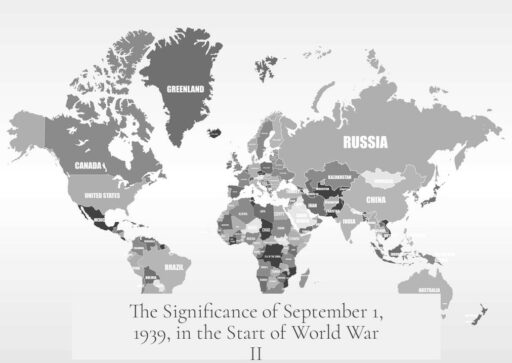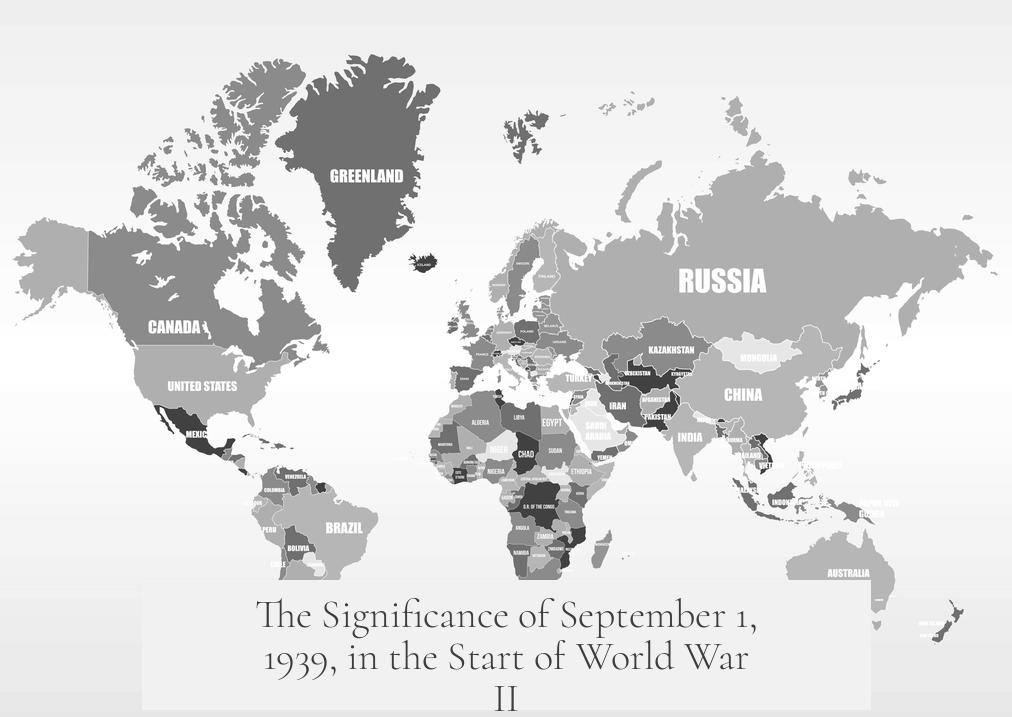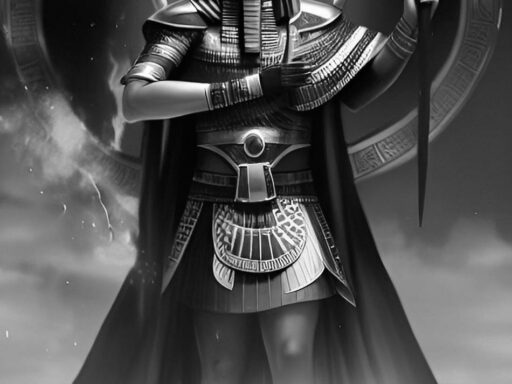World War II is marked as starting on September 1, 1939, because this date signals the first full-scale war engagement involving major Western powers, specifically Britain and France, who declared war on Germany after its invasion of Poland. This event triggered formal hostilities, transforming regional conflicts into a global war.
Before September 1939, various conflicts existed that contributed to the escalating tensions, but these were largely isolated or undeclared wars. The Japanese invasion of China, which escalated significantly after 1937, and the Italian invasion of Ethiopia during the mid-1930s are two prominent examples. From Asian and African perspectives, these events could signify the war’s true beginnings, sometimes as early as 1931 in China, due to ongoing military aggression and combat.
However, Western historical narratives, especially in English-speaking countries, emphasize the entry of Britain and France against Germany, thus pinpointing September 1, 1939, as the start. The declaration of war by these Western powers marked the transition from regional skirmishes and diplomatic crises to a formal, global conflict.
The period leading up to September 1939 included aggressive German expansions, such as the annexation of Austria (the Anschluss) in 1938, and the Sudetenland crisis where parts of Czechoslovakia were ceded to Germany through diplomatic negotiations rather than warfare. These events involved no significant military fighting, so historians commonly view them as precursors or build-up phases rather than as part of WWII itself.
- Anschluss: Achieved through a politically coerced referendum without direct military conflict, though marked by political violence and repression.
- Sudetenland Crisis: Resulted in France and Britain conceding territory to Germany under diplomatic pressure, avoiding immediate war.
Historians consider these actions as aggressive moves preparing for war but not constituting active war itself, mainly because they lacked open combat and formal declarations of war.
The invasion of Poland is different; it was a clear military attack that provoked Britain and France to fulfill their alliance with Poland and declare war on Germany. This response unified major Western powers into the conflict, making the war truly global.
Had France and Britain acted decisively during the German ambitions in Czechoslovakia, particularly contravening the Munich Agreement, the war might have begun earlier. Germany was prepared to invade Czechoslovakia, but the appeasement policy delayed full conflict. This failure to act firmly recorded a delayed start to WWII, with the invasion of Poland becoming the definitive trigger.
Besides, while separate conflicts like the Second Sino-Japanese War and Italian actions in Ethiopia were ongoing, they remained isolated. These wars lacked the broad alliance engagements and formal declarations that modern historians usually require to define the start of a global war.
| Event | Date | Significance | War Involvement |
|---|---|---|---|
| Japanese Invasion of Manchuria | 1931 | Early regional conflict, military aggression | Isolated conflict |
| Italian Invasion of Ethiopia | Mid 1930s | Colonial aggression, isolated war | Isolated conflict |
| Annexation of Austria (Anschluss) | 1938 | Political coercion, no fighting | Not considered start |
| Sudetenland Crisis | 1938 | Diplomatic concession, no fighting | Not considered start |
| Invasion of Poland | September 1, 1939 | Major military attack, triggers formal war | Start of WWII |
In sum, September 1, 1939, is widely accepted as the start of World War II despite earlier conflicts because it marks the moment when fighting escalated into formal war involving major Western powers. Earlier aggressions were either isolated, undeclared, or diplomatic maneuvers that fell short of full-scale war.
- WWII is marked from September 1, 1939, because Britain and France declared war on Germany after Poland’s invasion.
- Earlier conflicts in Asia and Africa existed but were isolated and lacked global alliance involvement.
- Annexations like the Anschluss and Sudetenland crisis involved no military combat, thus are seen as pre-war events.
- The failure to stop German aggression in Czechoslovakia delayed WWII’s start.
- Formal declarations of war and full-scale fighting distinguish WWII’s official beginning.
Why is September 1st, 1939, considered the official start of WW2 in Western history?
Britain and France declared war on Germany after its invasion of Poland on that date. This marked the first full-scale conflict involving major Western powers, making it the starting point in many English-speaking histories.
Did WW2 start earlier in other parts of the world?
Yes, some historians argue the war began earlier in Asia or Africa. For example, Japan invaded China from 1931 or 1937, and Italy attacked Ethiopia in the mid-1930s, which were significant but isolated conflicts.
Why aren’t the German annexations of Austria and Czechoslovakia seen as the start of WW2?
These actions involved little to no military fighting. Austria’s Anschluss was a forced political union, and the Sudetenland crisis was resolved by diplomatic agreements without battle. Historians view these as precursors, not the war itself.
Could WW2 have started with the invasion of Czechoslovakia?
Possibly, if France and Britain had enforced their alliances. Instead, they allowed Germany’s annexation through the Munich Agreement, delaying the outbreak of war until Germany invaded Poland the following year.
What made the invasion of Poland trigger a global war?
The invasion caused Britain and France to declare war on Germany due to their alliances with Poland. This turned isolated conflicts into a widespread, formal war that involved multiple major powers worldwide.



